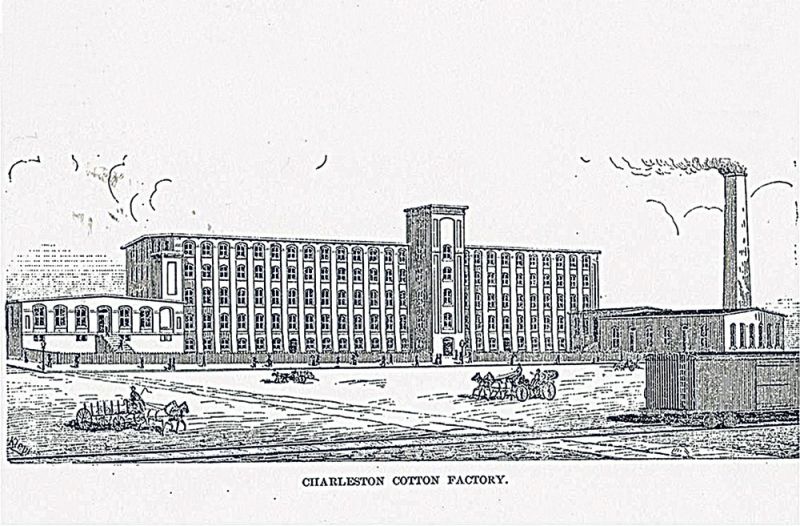
A visit to the Cigar Factory—for a benefit dinner at The Cedar Room or shopping at Fritz Porter, perhaps—won’t be the same after you read Michele Moore’s work of historical fiction The Cigar Factory: A Novel of Charleston (Story River Books), which hits stores early this month. Step up to the hulking brick building, and you’ll envision the hundreds of women who streamed in for work each Monday through Saturday circa 1918—the black employees in blue uniforms passing through the Bay Street door, the white laborers wearing white and green and entering on Drake Street. You might even be able to hear the singsong of the Gullah-Geechie dialect that Moore, whose creative nonfiction has been published in literary magazines such as Louisville Review, peppers throughout the well-researched tale. And you’ll feel empathy for the souls who defied noxious working conditions to toil here.
Those lasting impressions are proof of Moore’s success at weaving historical facts and cultural texture into a debut novel that truly grips. It follows two families, the white McGonegals and African-American Ravenels, whose matriarchs work at the factory for decades. The women’s lives don’t collide until the book’s final chapters, which culminate in the Tobacco Workers Strike of 1945. “The novel ends with a faint song of hope,” writes Pat Conroy in his forward, “but also with hard-won and lasting lessons of humanity earned by virtue of wounded hearts and callused hands.”